AI Storytelling is a revolutionary concept that combines artificial intelligence and storytelling techniques to create compelling narratives. By leveraging advanced algorithms and machine learning, AI Storytelling can generate immersive and engaging stories across various platforms. This innovative approach has the potential to redefine the way we consume and interact with storytelling in the digital age.
Introduction to AI Storytelling
Art Intelligence (AI) has rapidly transformed various industries, including storytelling. The evolution of AI storytelling has paved the way for possibilities in crafting compelling like never before, blurring the lines between human creativity and machine intelligence. In this blog post, we will explore the role of AI in shaping the future of storytelling and the potential it holds for writers and creators.
Definition and Evolution of AI Storytelling
AI storytelling refers to the use of artificial intelligence technologies to generate, enhance, or assist in the creation of narratives, characters, plots, and dialogues in various forms of media such as books, movies, and video games. Over the years, AI has evolved from simple rule-based systems to complex neural networks that can analyze vast amounts of data to produce engaging stories.
Importance of AI in Storytelling
AI brings a new level of efficiency and creativity to the storytelling process. It can analyze trends, predict audience preferences, and assist writers in generating new ideas and improving the quality of their work. By harnessing the power of AI, storytellers can explore uncharted territories and push the boundaries of imagination.
Ethical Implications of AI Storytelling
However, the rise of AI in storytelling also raises ethical concerns regarding authorship, bias, and privacy. As AI becomes more integrated into the creative process, it is crucial to address these ethical implications and ensure that AI is used responsibly in storytelling.
Role of AI in Creating Characters
Creating compelling characters is essential to a good story, and AI has revolutionized this aspect of storytelling in numerous ways.
AI-Generated Characters in Fiction
AI has enabled writers to generate unique and dynamic characters that resonate with audiences. By analyzing data on character archetypes, personality traits, and narrative structures, AI can assist in developing well-rounded and memorable characters in works of fiction.
Personalizing Character Development with AI
Moreover, AI can personalize character development by tailoring traits, dialogue, and actions based on individual reader preferences. This level of customization enhances reader engagement and immerses them in the story on a more personal level.
Diversity and Inclusivity in Character Creation
AI also plays a crucial role in promoting diversity and inclusivity in character creation by providing writers with tools to represent a broad range of voices and experiences. By leveraging AI, storytellers can break stereotypes and foster a more inclusive storytelling landscape.
AI Assisted Plot Development
Plot development is another key element of storytelling that AI can significantly impact.
Enhancing Plot Structure with AI
AI algorithms can analyze narrative structures, themes, and plot points to help writers enhance the coherence and pacing of their stories. By assisting in plot development, AI can streamline the storytelling process and ensure a more engaging and well-crafted narrative.
Generating Unique Storylines
AI can aid writers in generating unique storylines by identifying patterns, trends, and narrative possibilities that may not have been apparent through traditional means. This creative collaboration between human writers and AI algorithms can lead to innovative and original storytelling experiences.
Balancing Creativity and Algorithmic Predictability
One challenge of incorporating AI in plot development is striking a balance between creativity and algorithmic predictability. While AI can provide valuable insights and suggestions, writers must maintain creative control and ensure that the story’s authenticity and emotional resonance remain intact.
AI Tools for Dialogue Generation
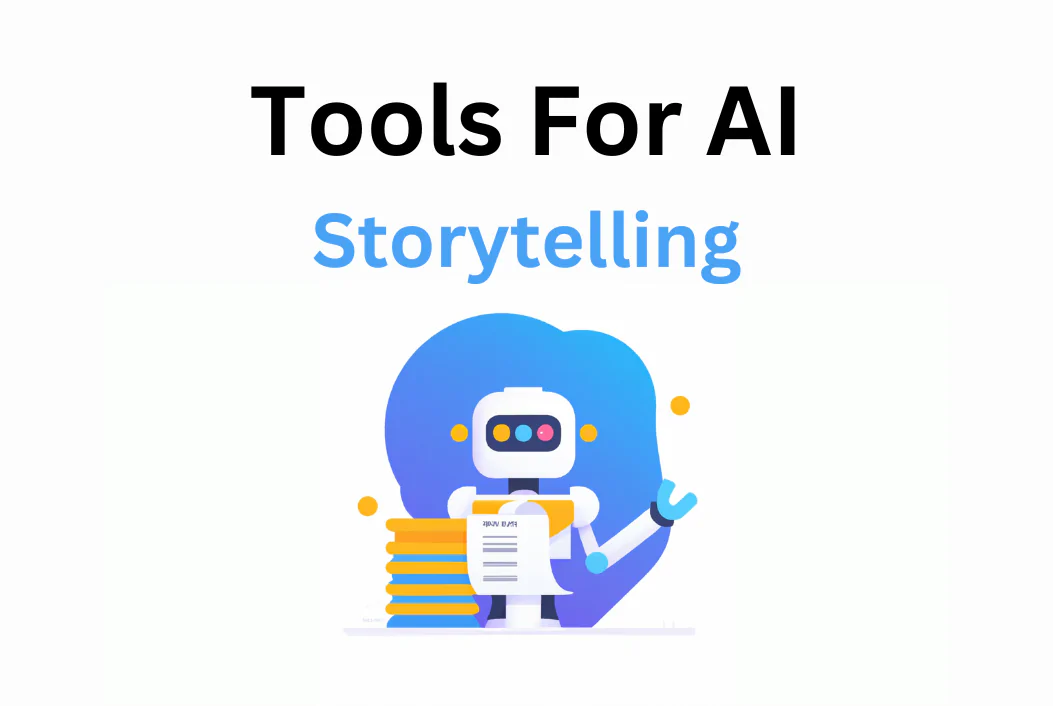
Dialogue is the lifeblood of storytelling, and AI tools have the potential to revolutionize the way characters communicate and interact.
Natural Language Processing in Storytelling
Natural Language Processing (NLP) algorithms can analyze language patterns, speech nuances, and dialogue structures to generate authentic and engaging conversations between characters. By leveraging NLP technologies, writers can create dialogue that feels natural and lifelike.
Improving Dialogue Realism with AI
AI can enhance the realism of dialogue by predicting character responses, emotions, and speech patterns based on context and personality traits. This level of detail and sophistication in dialogue generation enriches the overall storytelling experience and immerses readers in the world of the narrative.
Building Emotional Depth in Conversational AI
One of the exciting prospects of AI in dialogue generation is the ability to build emotional depth and character relationships through conversations. AI can simulate empathy, conflict, and growth in dialogue, adding layers of complexity and richness to the storytelling process.
Top 5 AI Tools for Storytelling
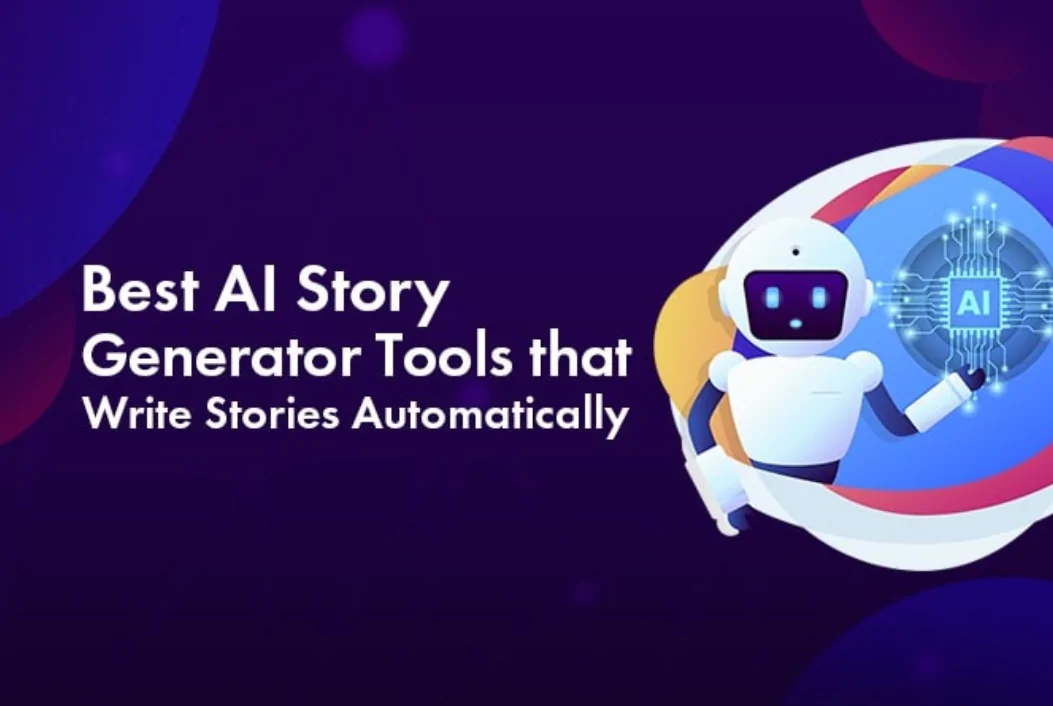
1. Jasper
Jasper provides an AI-powered method to improve the writing process. In order for the software to analyze pre-existing stories and produce new narrative possibilities, users can enter keywords or themes.
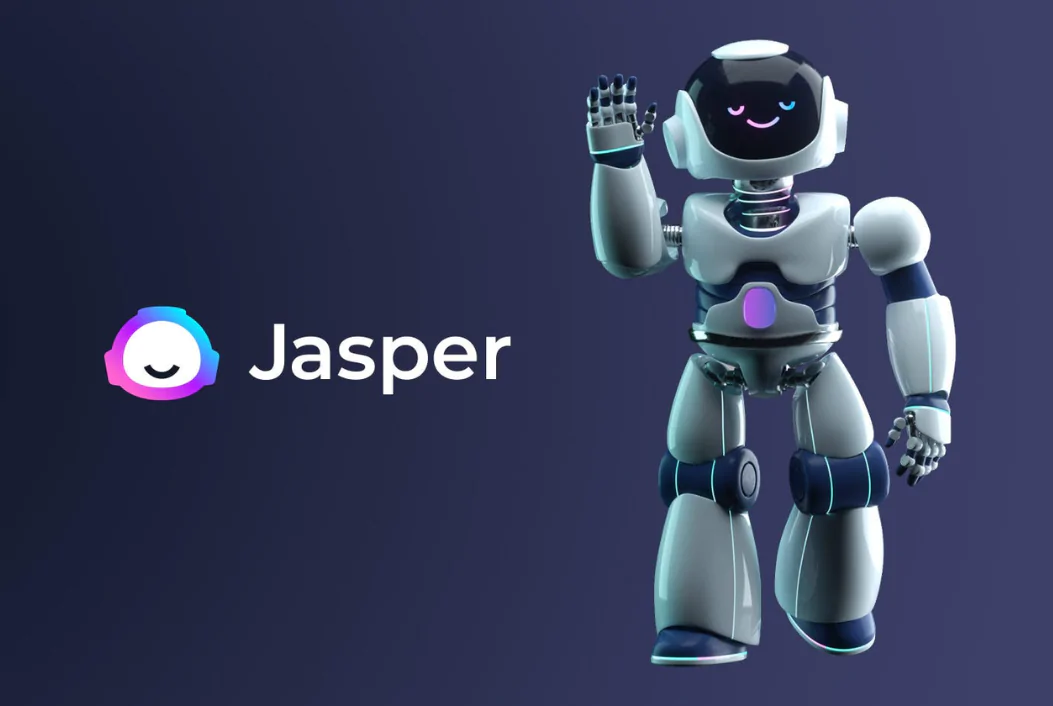
2. Squibler
The Squibler platform is a great option for team-based storytelling because of its collaborative features, which provide a lively environment for in-the-moment engagement. In order to enhance the story even more, authors can also use AI to describe scenes in sensory detail.

3. Scalenut
Scalenut uses advanced AI technology to help with the creation of stories. Through the input of particular genres, themes, and essential components, the software customizes its recommendations to stimulate creativity.

4. Rytr
Rytr creates stories across a variety of genres using cutting-edge language models. With its user-friendly interface, users can quickly enter prompts to create narratives that are well-structured.

5. NovelAI
A collaborative platform called NovelAI lets users co-write stories with AI. Plot development, character arcs, and other narrative elements are suggested by the AI-powered software, which encourages creative thinking.
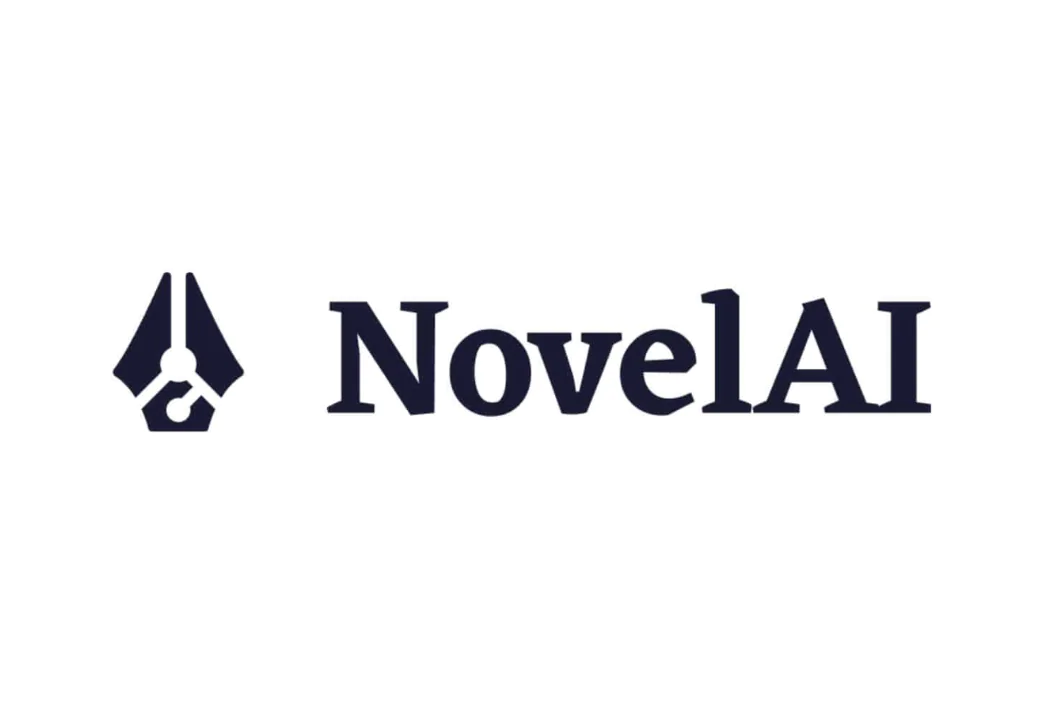
Future Prospects of AI Storytelling
Looking ahead, the future of storytelling with AI holds immense potential for innovation and creativity.
Impact of AI on the Publishing Industry
AI is poised to transform the publishing industry by streamlining content creation, personalized recommendations, and audience engagement. As AI technologies continue to advance, publishers and writers can leverage AI tools to reach broader audiences and explore new avenues for storytelling.
Collaborative Writing with AI
Collaborative writing with AI offers writers the opportunity to co-create stories, collaborate on plot ideas, and receive real-time feedback on their work. By partnering with AI systems, writers can enhance their storytelling capabilities and unlock new dimensions of creativity.
Predictions for the Future of AI Storytelling
As AI continues to evolve, we can expect to see more sophisticated AI storytelling technologies that blur the boundaries between human and machine creativity. The future of storytelling with AI holds the promise of limitless storytelling possibilities and immersive narrative experiences.
Conclusion
In conclusion, AI is revolutionizing the art of storytelling by offering writers powerful tools to enhance their creativity, craft compelling narratives, and engage audiences on deeper levels. By embracing AI in storytelling, writers can unlock new storytelling possibilities, foster inclusivity and diversity, and push the boundaries of narrative innovation. The future of storytelling with AI is bright, promising exciting opportunities for writers to explore and shape the storytelling landscape in unprecedented ways.
Learn more about AI tools
FAQs
Q1: How can AI improve the storytelling process for writers?
AI can improve storytelling for writers by generating story prompts, providing character suggestions, offering plot analysis and feedback, and automating repetitive tasks like grammar checking and fact verification.
Q2: What are some ethical considerations to keep in mind when using AI in storytelling?
Ethical considerations include ensuring AI-generated content is properly credited, avoiding biases in AI-generated content, and maintaining transparency about the use of AI in storytelling to audiences.
Q3: What are the limitations of AI in creating compelling narratives?
Limitations of AI in creating compelling narratives include difficulties in understanding emotional nuances, generating truly original ideas, and lacking the human touch required for deep emotional resonance.
Q4: How can writers effectively collaborate with AI tools in storytelling?
Writers can effectively collaborate with AI tools by using them as creative aids rather than replacements, incorporating AI-generated suggestions with their own creative vision, and leveraging AI for tasks like research and data analysis.
Q5: What are some potential challenges in integrating AI into the traditional storytelling process?
Potential challenges in integrating AI into the traditional storytelling process include concerns about job displacement for human writers, maintaining artistic integrity amidst automation, and addressing biases inherent in AI algorithms.
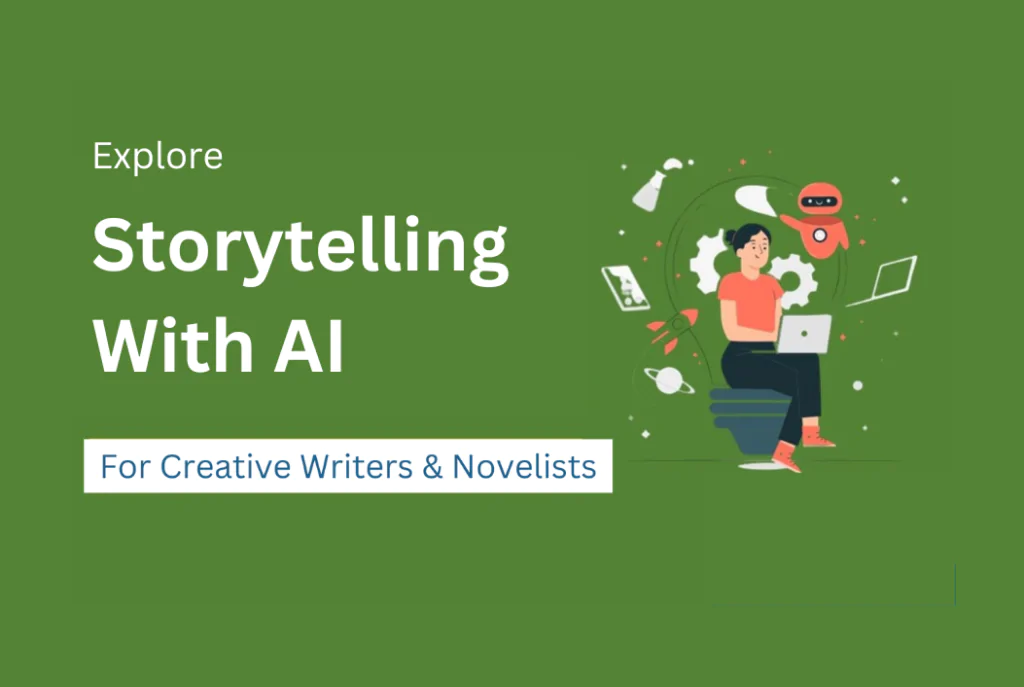
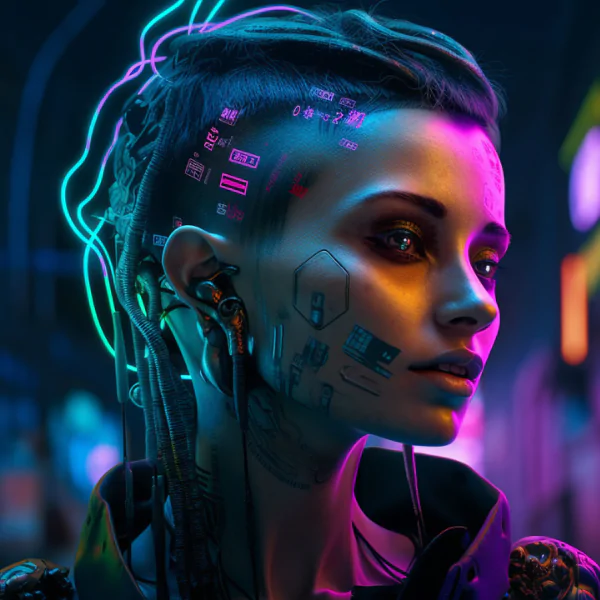
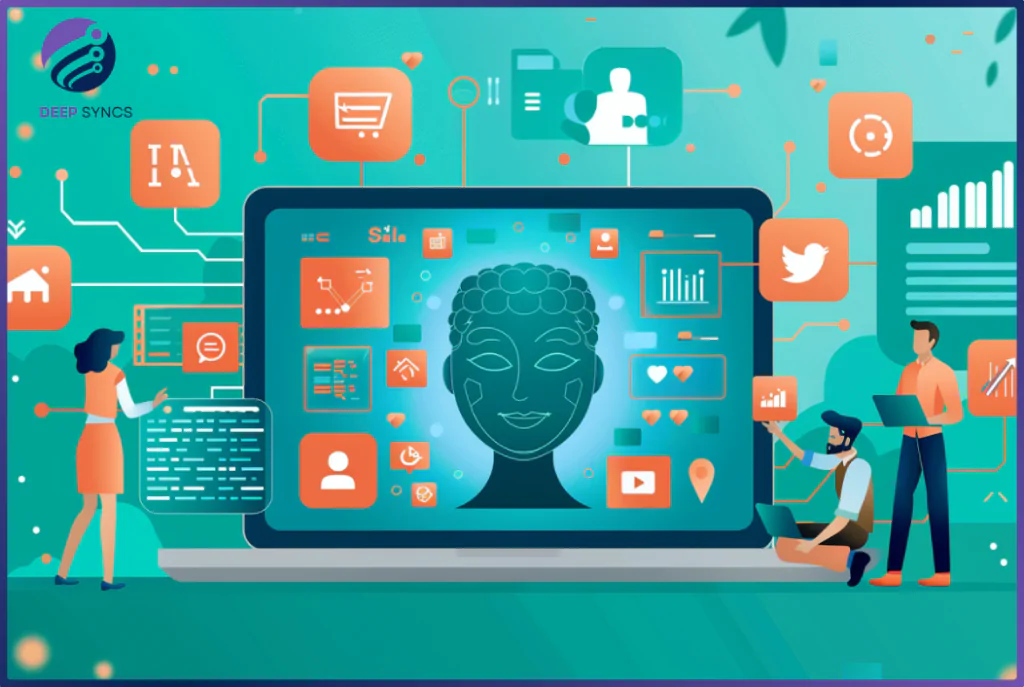
Wow, wonderful blog format! How lengthy have you ever been running a blog for?
you make blogging look easy. The entire look of your web site is great, let
alone the content! You can see similar here ecommerce